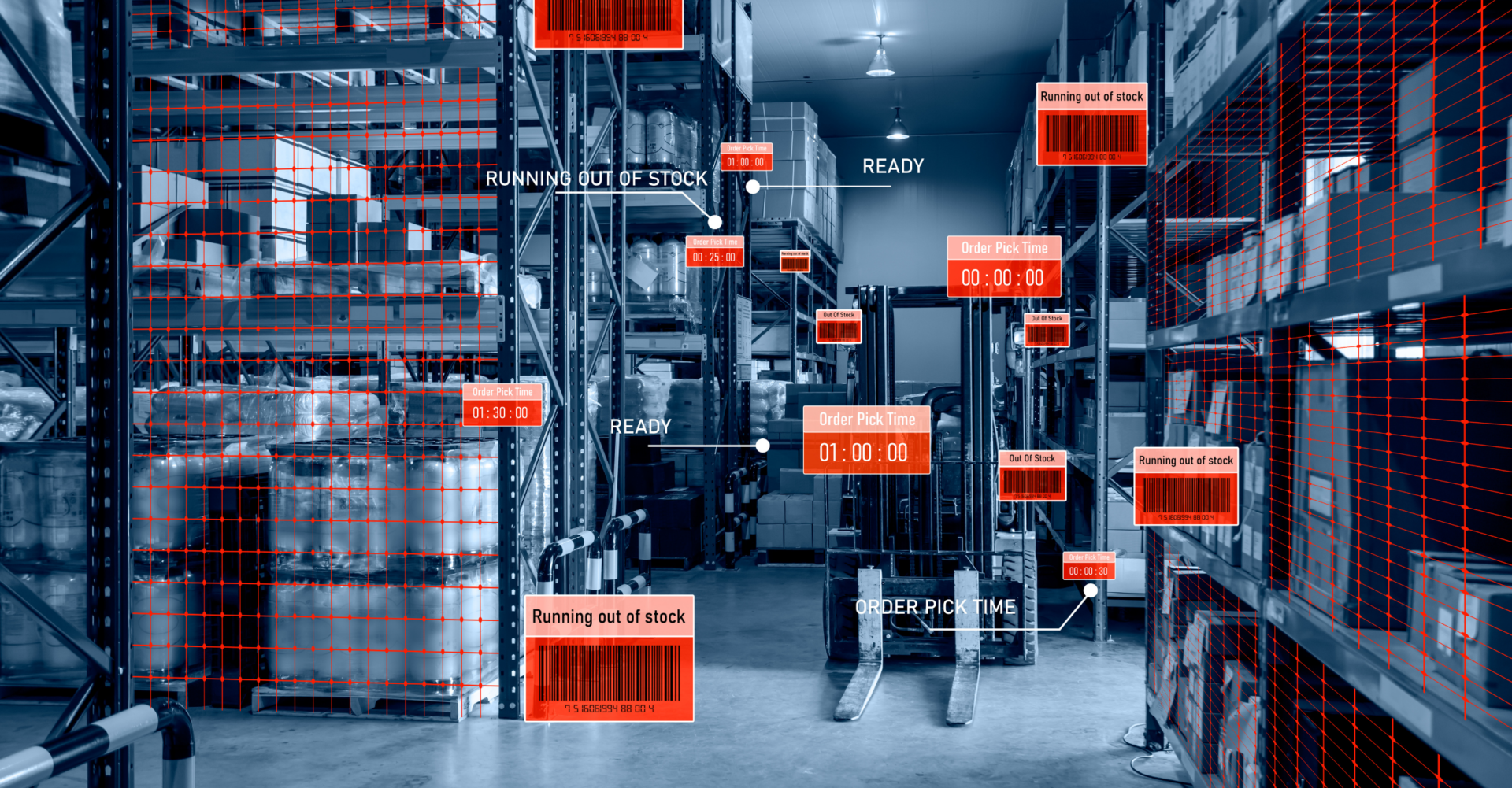
The Triad of Cybersecurity Goals at BECA: Confidentiality, Integrity, and Availability
The digital realm is like a vast ocean, teeming with opportunities but also rife with predators lurking in the shadows. As BECA navigates these waters, offering cloud computing and data analytics services, it’s crucial to have a well-defined cybersecurity strategy in place. One of the foundational frameworks that BECA relies on to bolster its cybersecurity initiatives is the CIA triad—Confidentiality, Integrity, and Availability. In this blog, we will dive deep into these three goals, elucidating why they’re critical for BECA and how the company strives to achieve them.
Introduction to BECA
BECA is a technology powerhouse that serves a broad spectrum of clients, from budding startups to Fortune 500 companies. Given the highly sensitive nature of the data they handle and the critical applications they manage, cybersecurity isn’t just an option for BECA; it’s an imperative.
The CIA Triad: An Overview
The CIA triad is a widely-accepted security model used to guide policies for information security within an organization. It comprises three primary goals:
Confidentiality: Ensuring that data is accessible only to those who are authorized.
Integrity: Safeguarding the accuracy and completeness of data and processing methods.
Availability: Making sure that data is accessible to authorized users when needed.
Goal 1: Confidentiality
Why It’s Important for BECA:
Given that BECA is a repository of sensitive customer data, intellectual property, and financial information, unauthorized access to this data could be calamitous, both financially and reputationally.
How BECA Achieves Confidentiality:
Encryption: All data, both at rest and in transit, is encrypted using robust algorithms.
Role-Based Access Control (RBAC): Access to data is restricted based on roles within the organization.
Multi-Factor Authentication (MFA): A second layer of security requires users to provide two or more verification methods.
Goal 2: Integrity
Why It’s Important for BECA:
BECA’s services hinge on the reliability and accuracy of data. Any unauthorized modification or deletion could lead to faulty analyses, incorrect business decisions, and loss of customer trust.
How BECA Achieves Integrity:
Hashing Algorithms: Data is hashed to create a fixed-length string of characters, which acts as a fingerprint. Any change in data would change the hash, alerting the system.
Digital Signatures: These are used to verify the integrity of data being transferred.
Regular Audits: BECA conducts periodic audits to ensure data hasn’t been tampered with.
Goal 3: Availability
Why It’s Important for BECA:
For a company offering cloud-based solutions, service uptime is not just an advantage; it’s a requirement. Any prolonged downtime could severely affect BECA’s clients, resulting in revenue loss and reputation damage.
How BECA Achieves Availability:
Redundancy: BECA employs redundant systems and fail-safes to ensure data is available even if some servers go down.
Load Balancing: Traffic is distributed across multiple servers to ensure no single server becomes a bottleneck.
Disaster Recovery Plans: BECA has robust plans in place for quick recovery from various types of disasters, from natural calamities to cyberattacks.
Balancing the Triad
Achieving the three goals simultaneously requires a balanced approach, as focusing too much on one can adversely affect the others. For example, implementing overly stringent access controls for confidentiality could compromise availability. BECA’s cybersecurity strategy is designed to find this equilibrium, employing a layered defense strategy known as “defense in depth.”
The Financial and Reputational Impact
By diligently pursuing these three goals, BECA not only fortifies its digital assets but also enhances its reputation as a trustworthy partner. The ROI of such a comprehensive cybersecurity strategy is immeasurable when considering the financial and reputational loss stemming from a significant cyber incident.
Conclusion
The CIA triad serves as the cornerstone of BECA’s cybersecurity policy. In a world increasingly dependent on digital infrastructure, adhering to these foundational principles is not merely about avoiding losses but about ensuring the sustainable growth of the enterprise. While the cybersecurity landscape continues to evolve, posing new challenges, the three goals of Confidentiality, Integrity, and Availability remain as relevant as ever. They offer a tested and reliable framework that BECA employs to navigate the perilous waters of cyberspace, ensuring not just its survival but its thriving success.
Share the IT Brain Power
More from the BECA Blog



